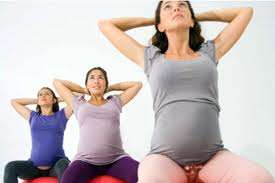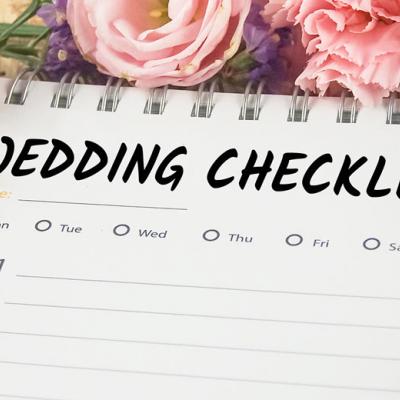Exercising During Pregnancy

Prenatal exercise is great for boosting energy levels, alleviating stress and tension, reducing pregnancy aches, and contributing to overall good health for both you and your baby, but sometimes the daily pregnancy discomforts can leave you feeling less than enthusiastic about getting up and starting your workout routine.
Here are a few tips on how to adjust your exercise activities around your daily symptoms.
- Nausea
If you're prone to morning sickness, try to find out when your nausea is less frequent, such as late in the afternoon, and perform light exercise routines then such as yoga. To help stave off that feeling of queasiness, eat a few bland crackers half an hour before your exercise, as you should not have an empty stomach if you want to avoid nausea.
- Backache or Hip Pain
What you need in this case is a low-impact workout that incorporates activities such as swimming or exercising on the recumbent machine which help increase blood circulation and loosen the back and hip joints. Light stretching can also help relax the joints and release tension in your back, hips and hamstrings.
- Achy Wrists
Sore wrists are caused by compressed nerves resulting from fluid retention in your forearms, and so performing wrist circles and gently flexing and extending your wrist for around 15 seconds can help alleviate the pain. Try to reduce the focus on your upper body during your workout if it requires the bending of the wrists.
- Frequent Peeing
If you have to visit the toilet often but need to go the gym for your workout, simply inform your trainer before class that you're pregnant and will be needing frequent bathroom breaks. If you usually go on walks, plan your route ahead of time and try to keep it short and close to available public bathrooms just in case.
- Exhaustion
Low-key, 10-minute workout sessions are usually best when you're experiencing exhaustion. Try to find out which time of day you're the least fatigued in and exercise then. You can choose an enjoyable or social exercise activity like walking to take your mind off your tiredness.
- Swollen Feet and Ankles
Swimming offers a great relief for this condition, as the water's buoyancy lifts the baby off your pelvis, which is the main cause of fluid buildup in the veins in your legs. Another good choice would be exercising on the recumbent bike, but you should avoid the treadmill and elliptical trainer as they place pressure on your ankles. You could also buy training shoes that are one size bigger than your foot size so you have enough wiggle room, but make sure that the rest of the shoe fits you properly.
- Heartburn
Try to record when you experience heartburn and how long it lasts so that you can schedule your workout around it. Having small meals, avoiding spicy and fatty foods, drinking lots of fluids, and avoiding sleeping on your back can all help reduce heartburn, and you could always ask your doctor for light medication to help reduce the burning sensation before your workouts.
Source: www.finebabyworld.com






